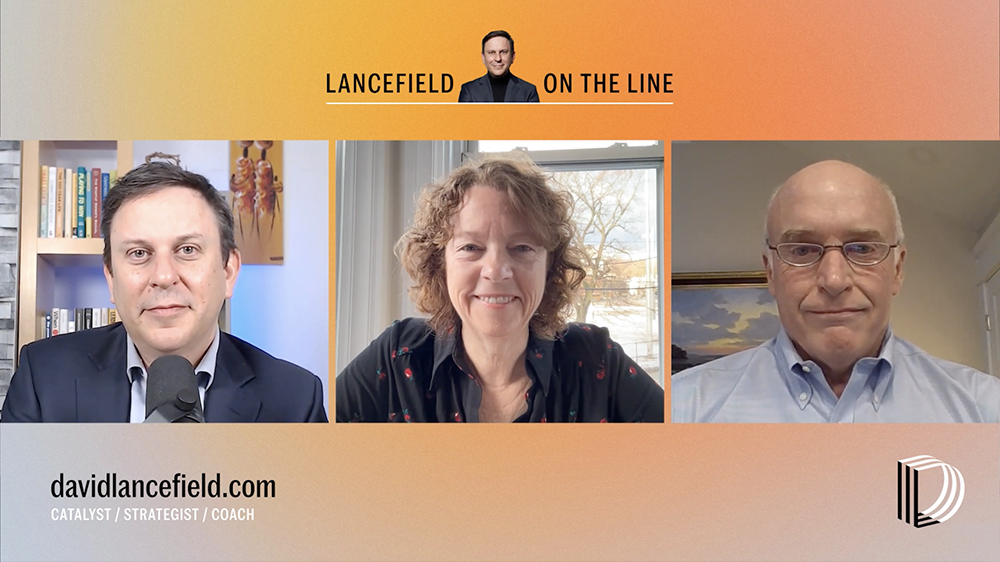Episode 53
Karen Dillon & Rob Cross: Managing your microstresses
Available on these channels and more
Do you let the little things get to you as a leader?
Everyone has those moments of irritability that you regret afterwards. You were stressed. It happens, doesn’t it? But it doesn’t have to, if you know how to manage your microstresses and what causes them. As a leader you can be more resilient and create a stronger, richer identity if you know how to deal with microstress.
Karen Dillon and Rob Cross reveal not only how to identify your microstresses but also what impact they are having on your co-workers, family and friends. They delve into strategies you can take to keep a sense of perspective and enjoy the moment more. We also get insights into what they do to manage their own microstress. Get ready for lots of actionable tips to get a grip on your microstress.
You’ll hear about:
- The difference between micro and macrostressers
- How do you recognise a microstress?
- How to use knowledge of microstress to improve performance
- What are the most harmful microstresses?
- Research findings
- Why a rich multi-dimensional life inoculates life’s stresses
- Actions they have taken to reduce microstress
- What impact do they want on the world?
- Tips for leaders to reduce microstresses
More about Karen and Rob
Karen is the co-author of three books with Clayton Christensen: The Prosperity Paradox: How Innovation Can Lift Nations Out of Poverty, Wall Street Journal bestseller Competing Against Luck: The Story of Innovation and Customer Choice and New York Times bestseller How Will You Measure Your Life? She is currently the editorial director of BanyanGlobal Family Business Advisors.
Rob is the Edward A. Madden Professor of Global Leadership at Babson College, Founder and Chief Research Scientist at Connected Commons (a consortium of over 150 leading organizations accelerating network research and practice), and author of Beyond Collaboration Overload as well as over 50 articles, many of which have won awards, in top scholarly publications.
- Rob Cross profile and resources
- Karen Dillon profile and resources
- Their book
- Their HBR article
“A telltale sign of microstress is that you may be triggering unintentionally, and it almost always comes back on you.”
Karen Dillon, Editorial Director, BanyanGlobal Family Business Advisors
VIEW RUNNING ORDER
| 03.40 | The difference between micro and macrostressers. |
| 05.21 | How do you recognise a microstress? |
| 11.53 | How to use knowledge of microstress to improve performance. |
| 14.31 | What are the most harmful microstresses? |
| 18.32 | Ross and Karen’s research findings. |
| 22.27 | Why a rich multidimensional life inoculates life’s stresses. |
| 27.15 | Actions Rob and Karen have taken to reduce microstress. |
| 30.45 | What impact do Rob and Karen want to have on the world? |
| 34.28 | Tips for leaders to reduce microstresses. |

Connie Noonan Hadley: How to overcome loneliness at work

Ollie Phillips: How to create world class teams

Jennifer Fondrevay: How to navigate organisational grief

Julian Birkinshaw: Fighting back in digital transformation

Niko and David: The power of strategy in everyday life

Kurt Matzler: How to achieve the impossible

Mita Mallick: Learning from a bad boss

Neri Karra Sillaman: What immigrant entrepreneurs can teach us


